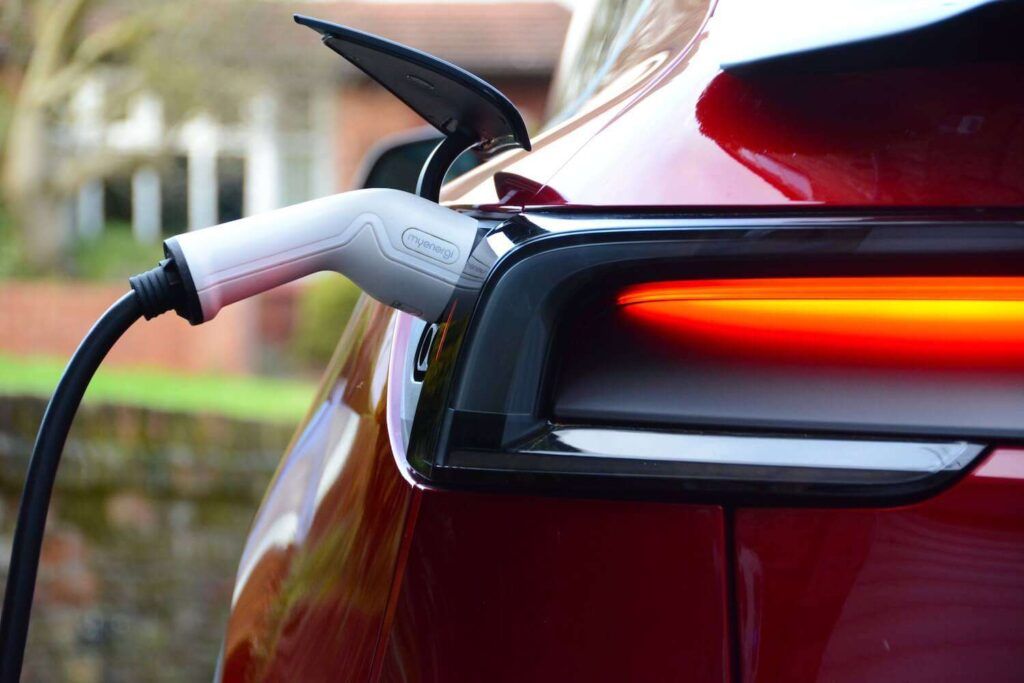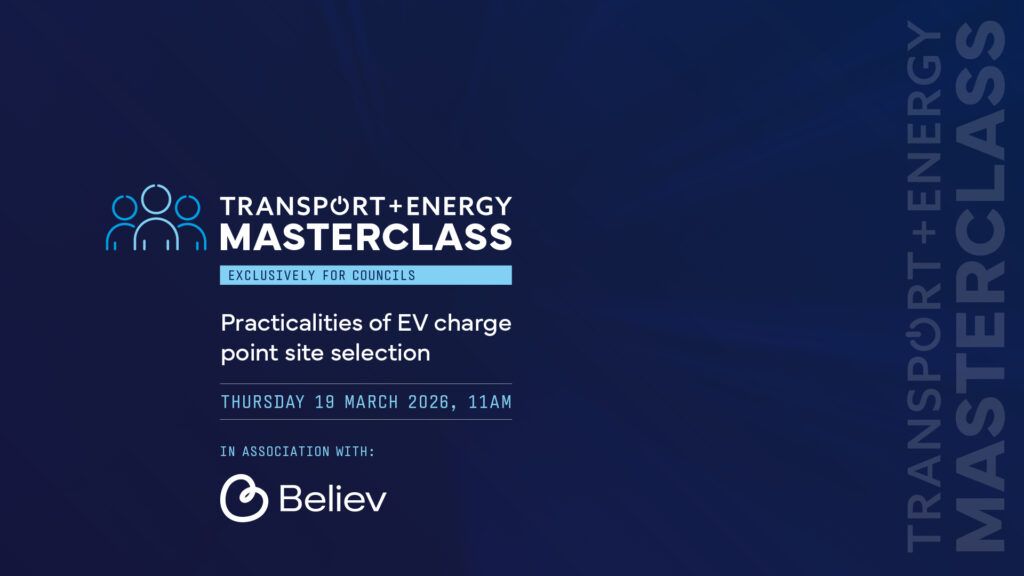Transport and energy bills took centre stage in the King’s Speech as the new Labour administration looks to build on its manifesto commitments to the sectors.
A Great British Energy Bill will set up a publicly owned clean power company, which will have its headquarters in Scotland, and aims to accelerate renewable energy, including offshore wind. The bill enables it to develop, own and operate assets which will have a value of £8.3 billion in new cash over the course of the Parliament.
For planning and infrastructure, which are critical to the acceleration of net-zero through electric vehicle charging hubs and associated infrastructure, as well as low carbon building, a Planning and Infrastructure Bill will be put before Parliament.
This will include measures such as changing compulsory purchase compensation rules, to ensure compensation is fair and not excessive, and also improve local planning decision making and powers.
Transport bills
There was also a number of bills specifically aimed at transport, including a bill to support sustainable aviation fuel production. A Better Buses Bill aims to remove the ban on publicly-owned buses and enable local authorities to take control of services, which will also allow councils to accelerate air pollution and sustainability objectives in local transport.
Also, the Passenger Railway Services (Public Ownership) Bill will bring rail back under public ownership and a Rail Reform Bill will bring railways together into a single public body called Great British Rail.
Skills, which are also critical to both the transport and energy sectors, were presented in a new bill which will see collaboration between business and local leaders, as well as national government, to develop the workforce. A reform of the apprenticeship levy is also within this piece of legislation.
Interestingly, there was no specific mention of the Labour commitment to row-back to 2030 the banning of the sale of petrol and diesel vehicles in the speech, after the previous Conservative administration moved it to 2035.
Encouraging
The sectors welcomed the speech. James Court, chief executive of EVA England said the planning reform proposals were “encouraging” and that national infrastructure needed to be installed quickly, reliably and consistently.
He said: “(Installation) is all the more essential for electric vehicles and our urgent priority to make sure the national charging infrastructure suitably meets a growing demand, and that we hit our net zero targets.”
In addition, Christopher Hammond, Chief Executive of UK100, the UK’s cross-party network of local leaders committed to ambitious climate action, said that the speech “shows a government determined to make good” and to “move quickly”.
But he also called for integrating climate action into the devolution bill to create a “generational opportunity” to connect devolution and climate action and deliver economic growth.
“Devolving power is welcome, but without integrating climate action from the outset, it doesn’t give a clear enough steer for councils to align with the Government’s national missions. UK100 and our network of local leaders stand ready to work with Ministers to ensure climate action is at the heart of this transformative legislation,” he said.
Hammond also noted that “local leaders support Labour’s planning reform and clean energy missions but want to see a role for local authorities and communities”.
Sets the tone
Sarah Honan, Head of Policy at the ADE, said the speech “set the tone for the pace at which Labour intend to role out policies” and the sector was “ready to take the brakes off with them”.
Jonathan Croley, Partner in the Energy & Resources team at lawyers Ashfords LLP said that the opportunities for renewable energy were “obvious – and enormous” but that the 2030 clean energy grid target “will be an immense challenge”.
“A big question is how the planning system will deal with the applications for solar farms and onshore wind, for which – if we are to meet the target – spades need to start getting in the ground immediately,” Croley said.
Progress
Nigel Pocklington, chief executive of Good Energy said that GB Energy was a “good route to progress” for large-scale renewable infrastructure.
“We must not forget that in energy, small can be big too — the UK’s rooftop solar has a greater total capacity than our largest power station. And Good Energy’s data has indicated that the power it exports to the grid has been underestimated,” he said.
Jonathan Maxwell, CEO of Sustainable Development Capital LLP, said the clean energy transition was a “historic moment for our country and our industry” and it was “positive news” – but he warned about energy efficiency.
“We loudly appeal to fresh and enthusiastic policymakers that energy efficiency at commercial scale must be central to their green ambitions,” he said.
Yselkla Farmer, CEO of BEAMA, the UK trade association for energy infrastructure and systems, said that GB Energy was a “landmark decision” on the road to the UK being a “global net zero pioneer” – but added that “we cannot scale up overnight”.
“Whilst commitments have been made today, immediate action is required to mobilise public and private sector funding for the UK’s low carbon infrastructure and supply chain. We look forward to hearing further details on the Government’s plans for the necessary acceleration in development of electricity networks, smart metering and low carbon electric heat and transportation,” Farmer added.
Image from Shutterstock












